- Home
- slideshows
- miscellaneous
- A surprising number of animals fart besides humans - and some are worse offenders than others
A surprising number of animals fart besides humans - and some are worse offenders than others
Seals and sea lions may be some of the smelliest gas emitters out there.

Bolson Pupfish have to fart, because if they don't they'll explode. Or they might float to the surface of their ponds and get eaten by a predator. Not ideal.
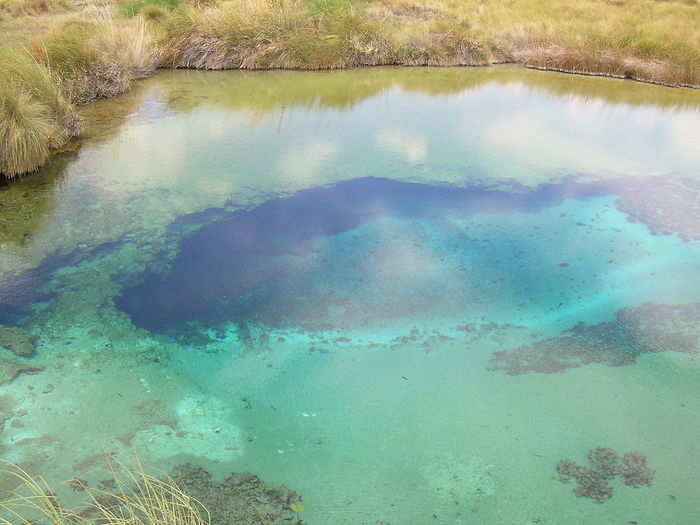
The Bolson pupfish (Cyprinodon atrorus) is a species of fish that lives in the pools of this northern Mexican reserve. If they don't fart regularly, the gas that builds up in their system can make them burst.
The authors said that around 300 of these little fish have been found dead from not farting. "It really is a case of fart or die," they wrote.
That's not true for all fish, though.
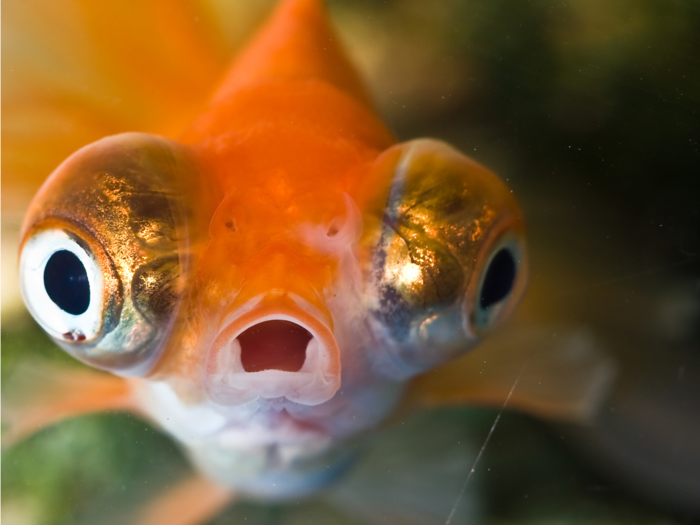
Goldfish don't usually fart, even though they do have some gas-making bacteria in their guts.
"It is far more common to see them burp out gas than pass it through their anal duct," the authors said, warning that if your goldfish is farting, it's probably having some serious digestive issues.
The trickiest question for the scientists was figuring out if sloths fart. Sloths may be mammals like us, but it turns out they don't fart at all. Instead, they emit nasty methane gas out of their mouths.
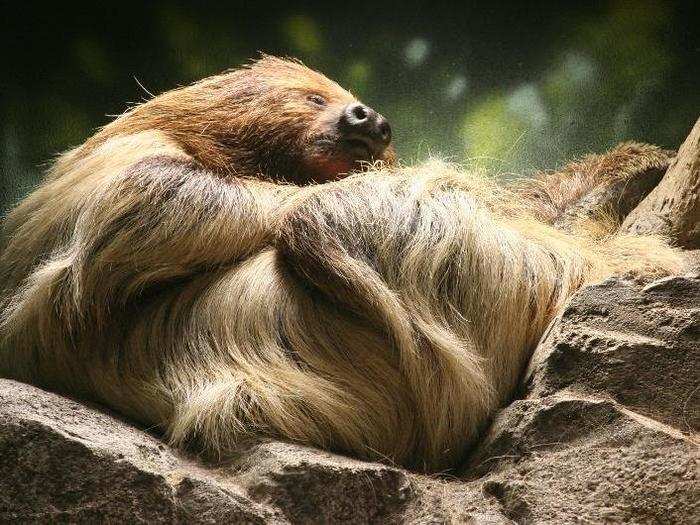
Scientists aren't quite sure about spiders yet, but they don't think that the creatures fart. That may have something to do with what they eat.
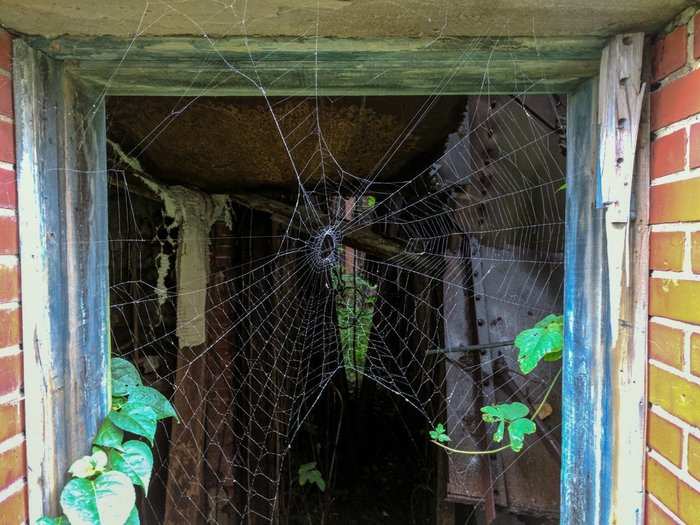
Because their diet is mainly liquid "you don't have the same kind of breakdown that you would with solid foods to end up producing gas," Caruso said. More research is still needed on spider farts, he said.
"One day, we'll set up our fart lab."
Other animals, like birds, do not fart because they digest their food so quickly.
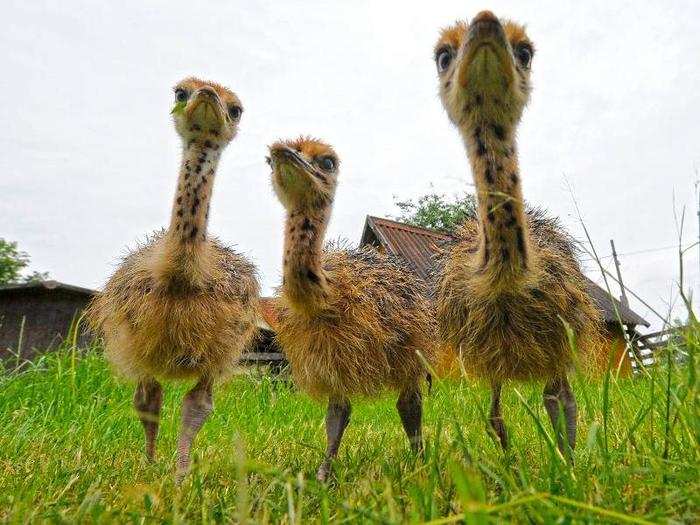
There's not a ton of time for stinky gas to build up.
Cheetahs may be the fastest land animal, but they can't outrun their own flatulence.
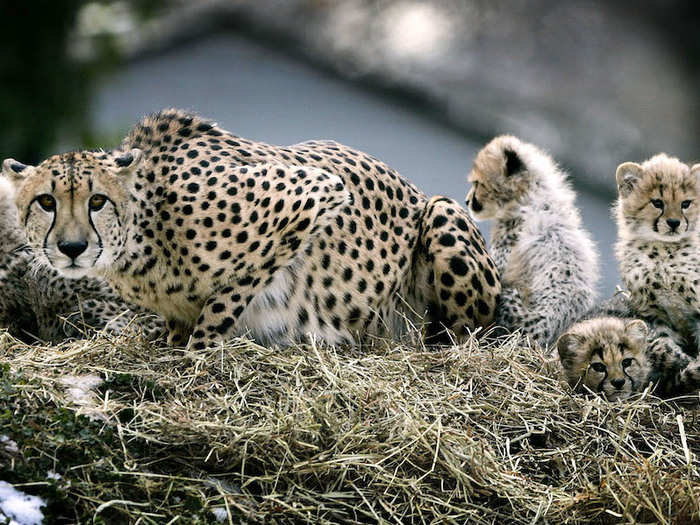
Cheetahs are meat-eaters and all the gazelles and impalas they eat increase fermentation levels in their guts, making their farts extra-smelly.
"One study into cheetah digestion found that the inclusion of non-digestible animal parts, such as cartilage, bone, and collagen, was particularly important in aiding in the fermentation of food in the cheetahs' gut," the book says.
Elephant farts are so bad that some of their caretakers feed them a special fart-reducing diet.
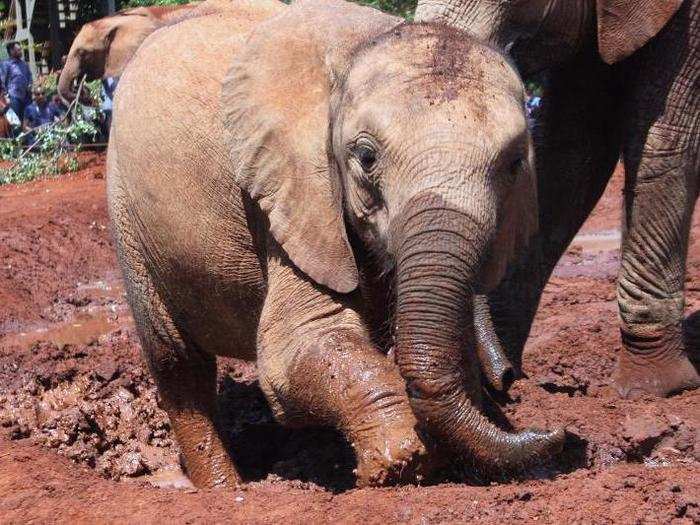
"People who work with elephants—known as mahouts—have learned to treat particularly potent elephant flatulence by feeding them rice mixed with grilled garlic," the book says.
Part of the reason scientists think elephant farts are so bad is that their digestive tracts are very long and full of bacteria for breaking down tough-to-digest foods like tree bark.
And Rabaiotti did find that fart answer for her brother: yes, snakes fart, too.
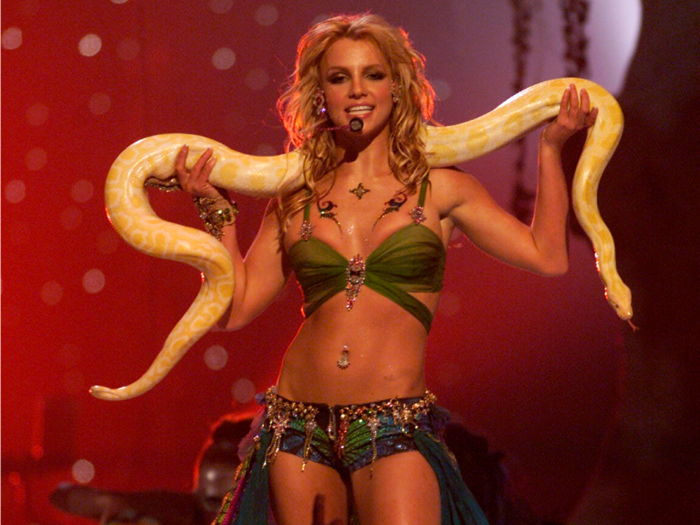
Sonoran Coral Snakes that live across the Southwestern United States and Mexico use their farts as a defense mechanism, sucking air into their "butt" (it's actually called a cloaca) and then pushing it back out to keep predators away.
As it turns out, people want to know about animal farts across the globe. The book has already been translated into four languages.

Besides the English versions (both American and British), the book will be available in Chinese, Turkish and Polish. And the authors are already planning to release another book, called 'True or Poo' next, to de-bunk some common scientific misconceptions.
Popular Right Now
Advertisement